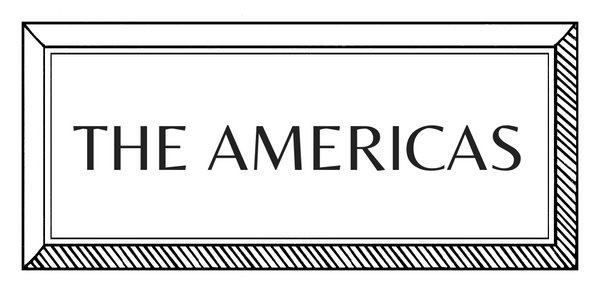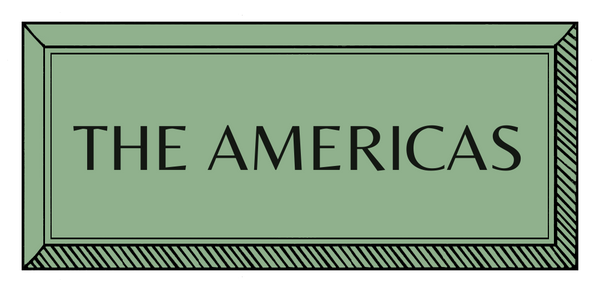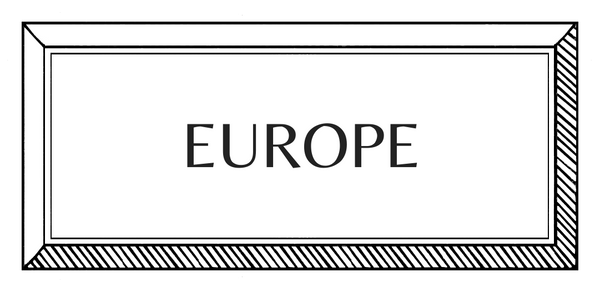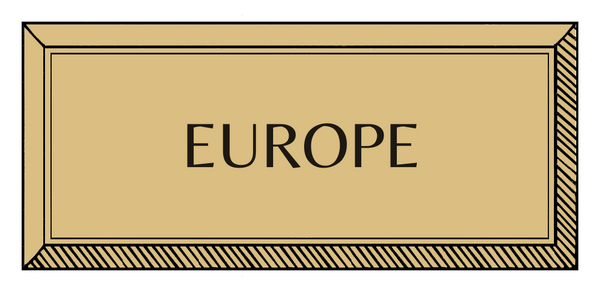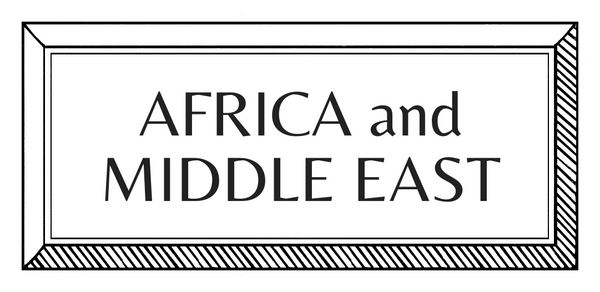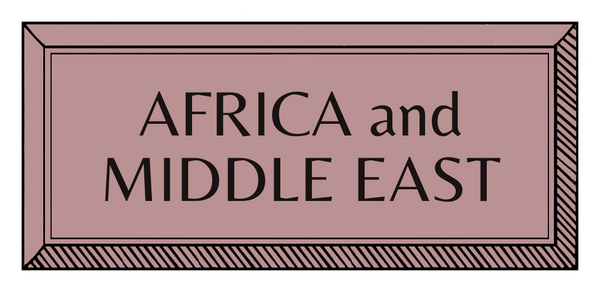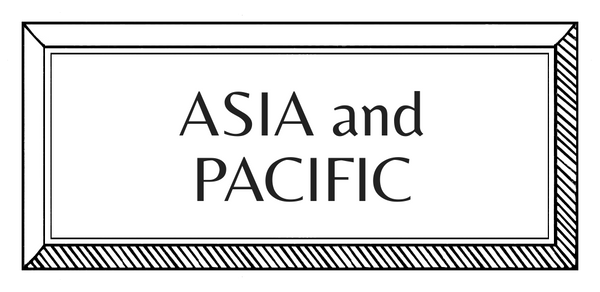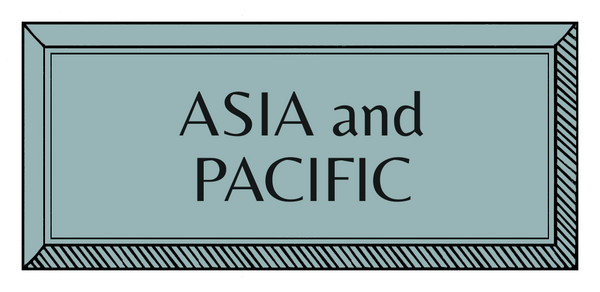MAKERS | AFRICA | MOROCCO | TEXTILES
Houria Tazi | Embroidery Atelier

Founded in 1981 in Rabat, Morocco, this extraordinary embroidery workshop began as the creative outlet of one visionary woman, the late Houria Tazi - ahead of her time and unprejudiced by the expected norms of her cultural environment. Today, the workshop is run with even greater success by her daughter, Kenza Echouafni, who has made the workplace an oasis of peace and a refuge for many local women.
How did you begin?
Through my mother, Houria Tazi. She was the daughter of a pasha, she grew up with seven siblings in a large house that was known in the neighbourhood as ‘The Palace’ (Palais Tazi). She was sent to France to receive a respectable education from the nuns, and it was here that she learnt to embroider. When she returned to Morocco, she converted the wings of the half-abandoned house into a small workshop, where initially three women (who are still with us, almost half a century later) embroidered.
Where there was old family furniture covered with sheets, she set up looms. My mother was truly a visionary: she had the energy and imagination to become a business woman ante litteram. She was cultured, had seen the world and was a headstrong woman, so she was highly motivated to always have access to the best quality – or to create it if necessary. This made her notice a gap in the market for embroidered tableware. When she exhibited her first creations at the prestigious La Mamounia hotel, to immediate and dazzling success, she realised she had to make it a serious profession.
How did you learn?
Whether I wanted to or not, I breathed in my mother's work from an early age. I grew up hearing that this atelier was meant for me. It may or may not have been a coincidence, but I ended up studying design in Paris, which seemed somehow connected. It wasn't what I expected, but working with my mother soon turned out to be very spontaneous and natural, as did continuing her legacy after her death. And to think that in the beginning she had not allowed me more than 10cm in the corner of her desk to work! To this day, a big wish of mine would be to change the name to Kenza Houria, adding her name to mine, at which point I feel it is an integral part of my identity.

Woven works by Houria Tazi, presented at Homo Faber 2025.
How do you plan, prepare and create your works?
Our workshop, which has expanded but still remains a large family, has the wonderful ability to produce any prototype in a couple of hours, which is a great aid to creativity. In this way, you can give substance to an idea based only on a simple rough sketch, and it is then the realization that will decide whether the initial intuition was good or not. Our embroidery is French, almost devoid of North African influences, because it is aimed at a market with distinctly European tastes. But it would be impossible to continue our very high standard of quality without the support of our local weavers.
Compared to the beginning, we no longer work in house and are much more structured, but the spirit has remained the same and everyone does everything! The technical steps in succession are as follows: first the pattern is drawn, then the decorative motif is placed on the fabric, which is then painted and embroidered. The finishes (such as the hemstitch, corners, and edges) are done next, and always by hand!
What does a typical day look like?
There are fewer of us than there should be and consequently our days tend to be hectic! Our workshops, which have a verdant garden in the inner courtyard where we have lunch surrounded by plants and animals, would tend to be an earthly paradise were it not for the stress of deadlines! Since we have all known each other for a long time, the atmosphere is very lively: on a typical working day we laugh, we shout, we chat... everything happens! The best days are those that follow a night when I have had some new idea: they are moments of general excitement and buzz....on the contrary the worst days, well, they are those when a good customer asks us for an urgent order for some special event, which is usually going to happen in a few weeks...
What are the challenges in having a craft company today?
The training of people. It takes a lot of time and requires the right personality. Manual work is similar to running: when you start running, it seems exhausting, but after you get into a rhythm, you go ahead at your own pace without hardly noticing it.
Interview by Sara Pierdonà
Images from Houria Tazi and Alexandre Vazquez, Michelangelo Foundation











